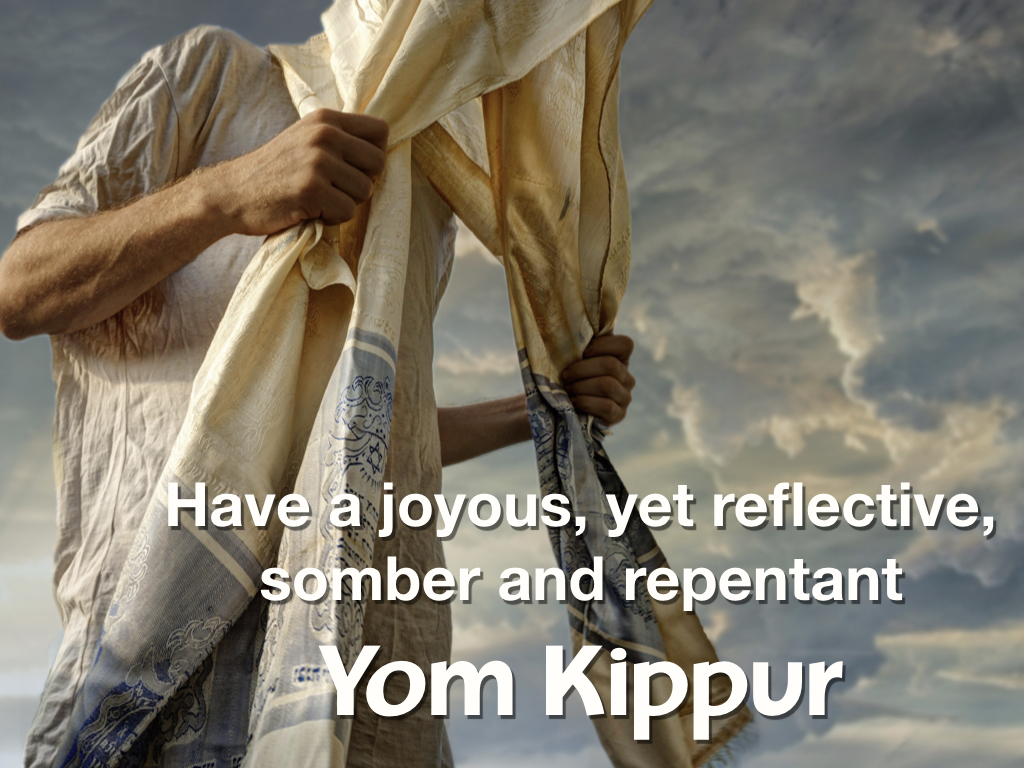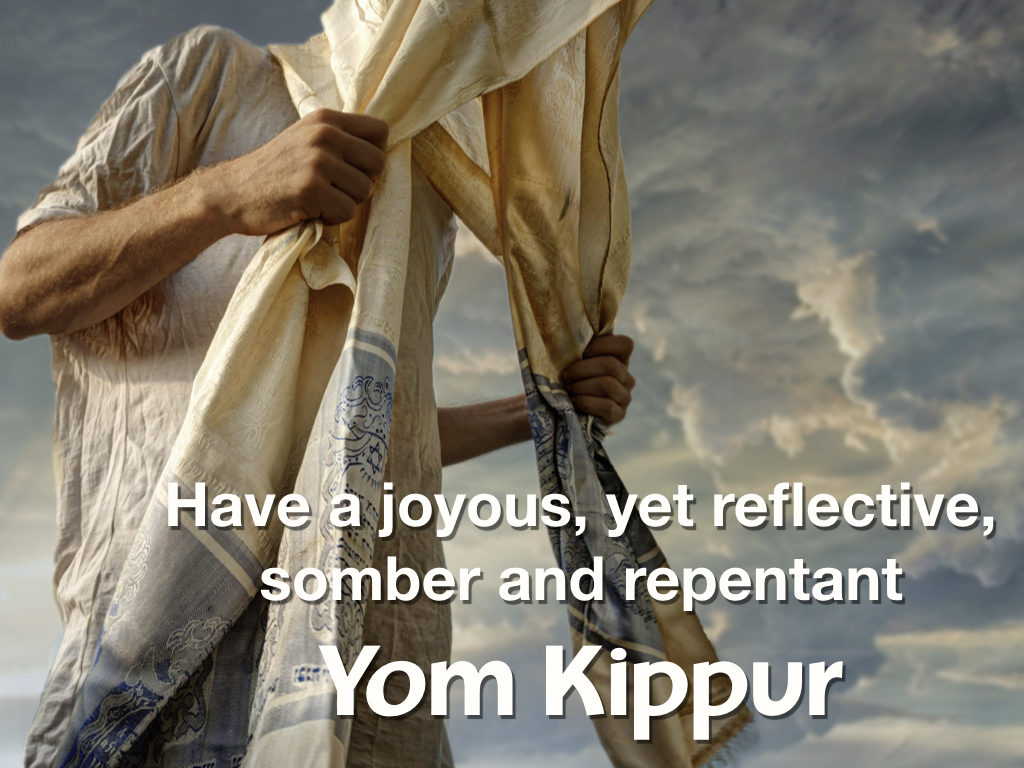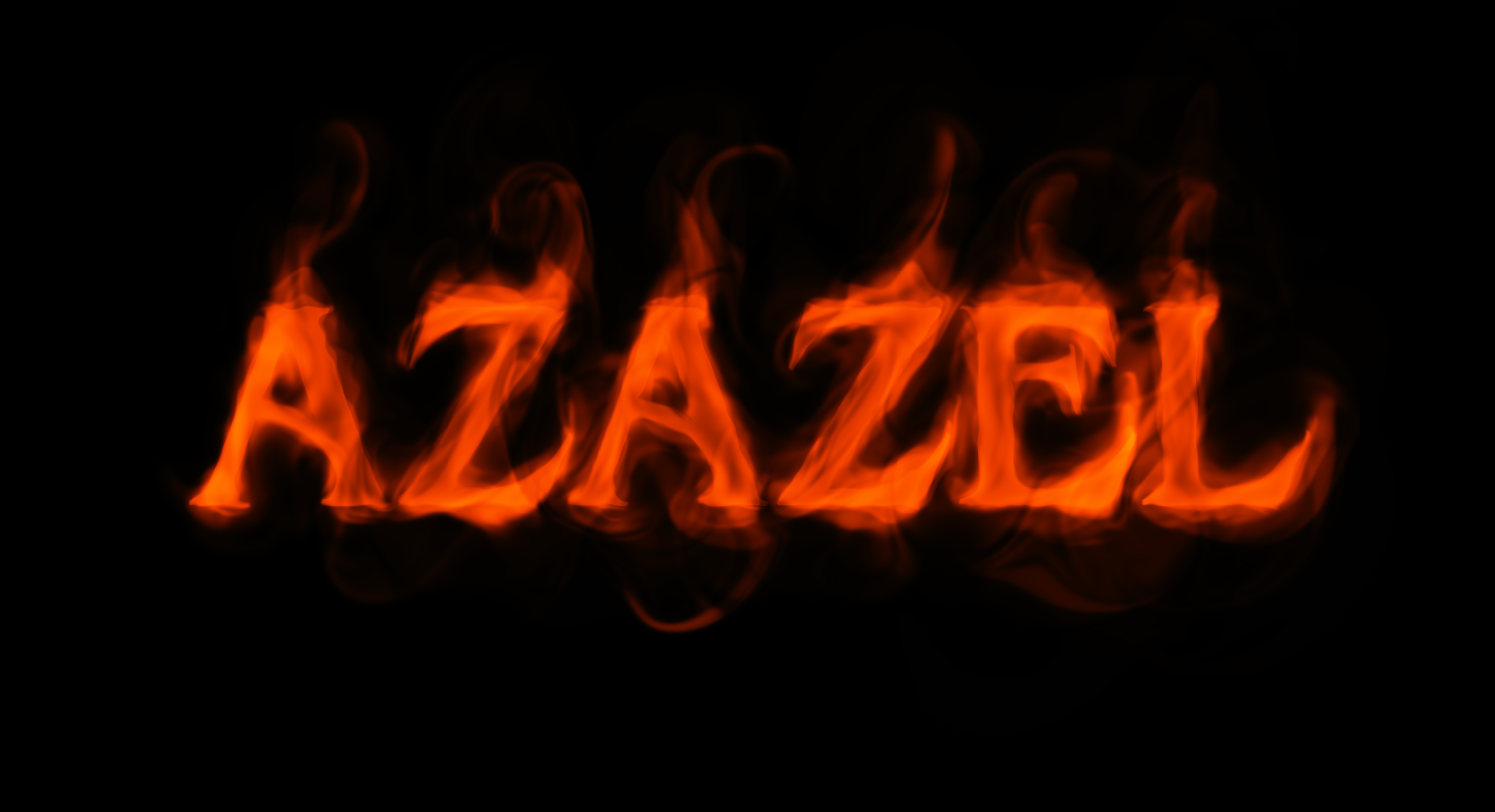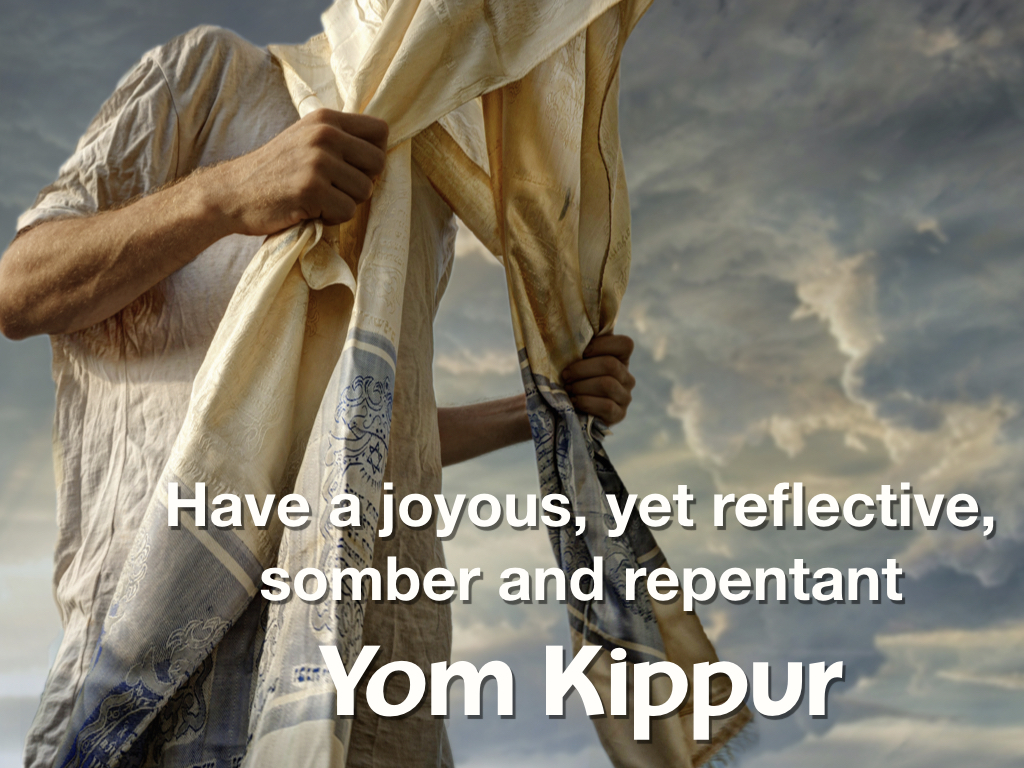
Yom Kippur—A Journey Through Past History and on Into the Future
Yom haKippurim (literally, the Day of Atonements, plural) is not a one-time thing. The redeemed believer is covered by the blood of Yeshua at the time of their initial salvation, but needs additional covering every time they sin. We need this covering of blood on an individual and collective basis.
This pattern was set in Leviticus 16 when on the Day of Atonement, the high priest made atonement for his sins, those of his family, of the nation and even the Tabernacle of Moses itself due to defilement cause by men’s sins.
We’re all in this thing together. My sin affects you and vice versa. My sins are passed on down to successive generations, and unless I break the sin cycle through the means that YHVH has provided, this sin cycle will continue as it has from Adam to this day bringing corruption, ruination, division, strife and death to all men.
Atonement and At-One-Ment—It’s About Healing Broken Relationships
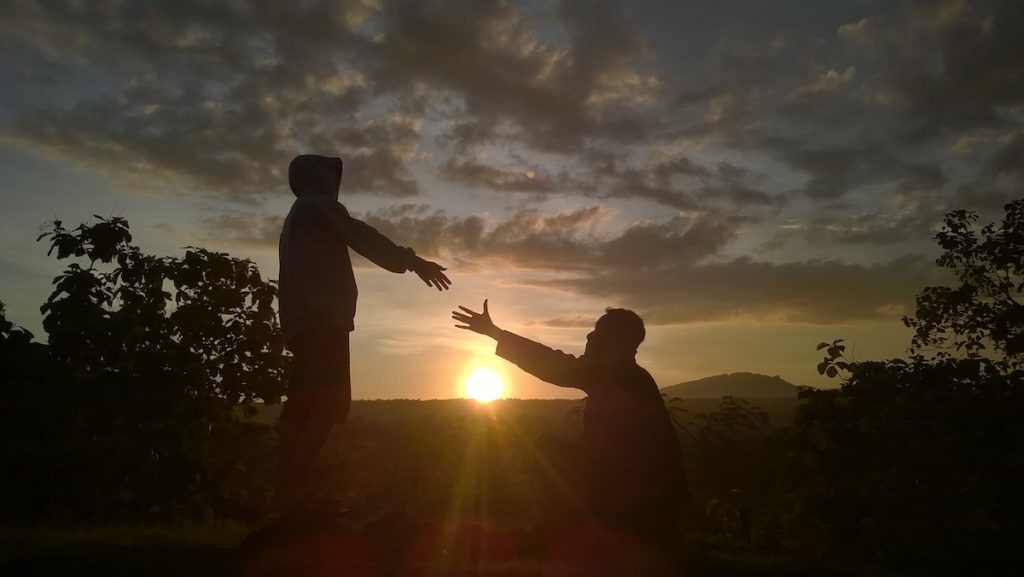
The English word atone means “to make amends or reparation of wrong or injury.” Atonement biblically means “to cover, purge, make an atonement (Heb. kaphar), make reconciliation, cover over with pitch.” As with many Hebrew words, kaphar means not only to cover over sin (by the blood of the Lamb), but it means “to reconcile and purge.” When we sin, we need the forgiveness of Yeshua and his blood to pay for or to cover over our sin debt. We also need to get purged of the inclination to sin in the first place. We also need to make amends with those we’ve injured in the process of sinning—to reconcile with them, to repair the damage, and to mend the breach in the relationship. When we sin, a breach occurs both on the vertical level (with Elohim) and on the horizontal level (with our neighbor). Each of us is a broken, damaged and hurt person, and we have a hard time mending the damage we’ve caused to others, which is a painful process, but one which yields rich results in healing wounded relationships including the wounds and brokenness of our own heart. We must humble ourselves to do this. Pride and self protection prevents most us from repenting and asking forgiveness of Elohim and of others. To come into the presence of YHVH, we must take the step. Yom Kippur pictures our taking this step.
Some Bible teachers have taken the word atonement and have made a word play out of it by turning it into at-one-ment. This play of words isn’t totally without merit, since the word atone comes from a Middle English word meaning “to make or become united or reconciled” or literally “to become at one with someone else.” There’s a lot of at-one-ment that needs to occur between people and their Heavenly Creator! The older I get, the more I realize this!
Continue reading

